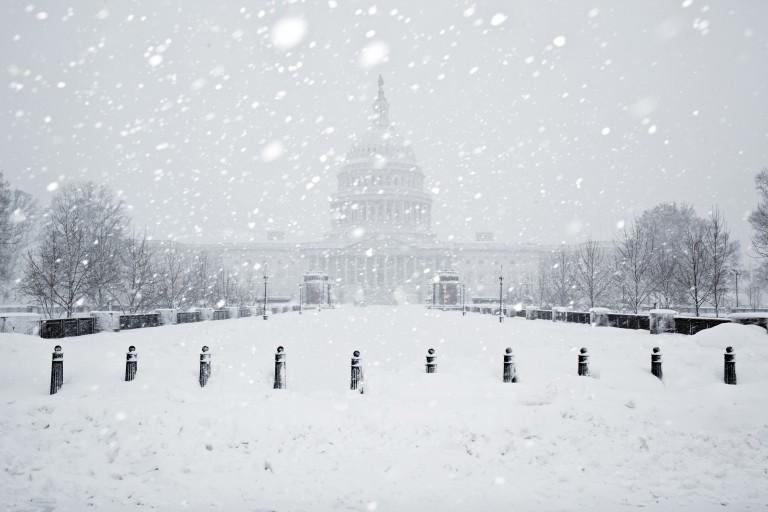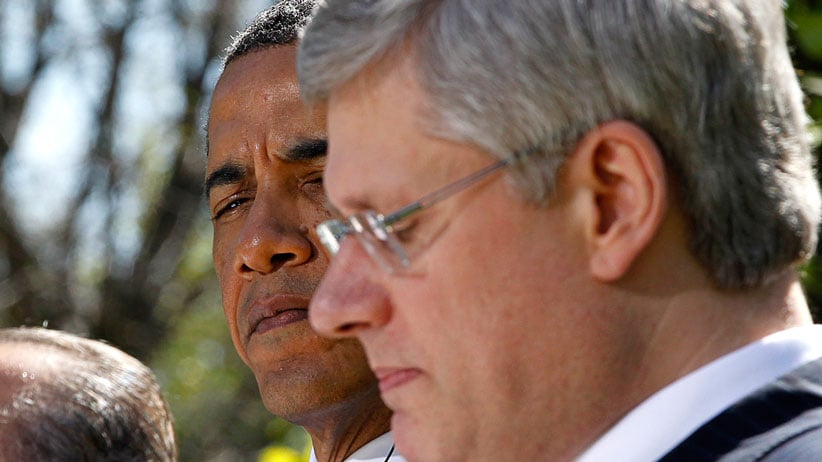RECAP: What’s the future of Canada-U.S. relations?
Our bi-national panel hashed out the issues from Washington, D.C.’s Newseum

United States
Share

Canada’s natural resources minister says the Keystone XL pipeline’s approval is a question of when, not if. But those comments follow U.S. President Barack Obama’s veto of the proposal that would send Alberta crude to American refineries far to the south. Maclean’s Washington bureau chief Luiza Ch. Savage called the veto the culmination of an “epic six-year impasse” between Prime Minister Stephen Harper’s government and the Obama administration. Canada’s largest trading partner is as vital as ever to a bright economic future north of the border, but Obama and Harper’s relationship doesn’t stir images of the famous friendship enjoyed by Ronald Reagan and Brian Mulroney a generation ago.
To get to the bottom of this relationship, Maclean’s and CPAC hit the road in our latest sojourn to the heart of American political power in Washington, D.C. Our bi-national panel examined the critical issues facing the U.S. and Canada: energy, climate change, trade, border management and infrastructure.
CPAC’s Peter Van Dusen moderated the panel, which featured Paul Wells, Maclean’s political editor; Luiza Ch. Savage, Maclean’s Washington bureau chief; Gary Doer, Canada’s Ambassador to the United States; Sen. John Hoeven, of North Dakota; Former Rep. Bill Owens, of New York; and Danielle Droitsch, Canada Project Director at the Natural Resources Defense Council.
Nick Taylor-Vaisey live-blogged from Washington D.C.’s Newseum. A recap is below.